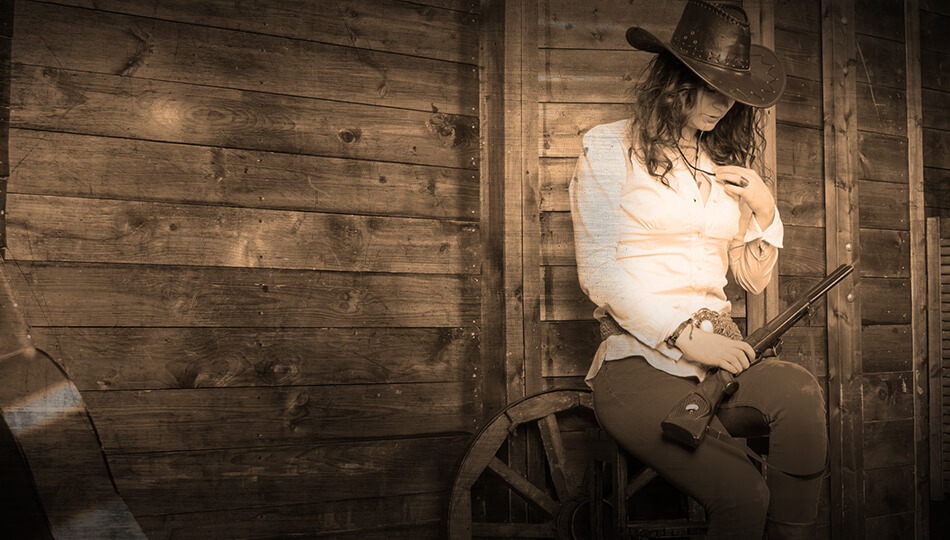If you happen upon a situation where it appears an officer is in trouble, you may question if you can, or if you should step, up to help your local law enforcement. Even the best of intentions can be misperceived. For this reason, in such a situation, you should consider both legal requirements, as well as practical considerations. Let’s start with the law.
Relationship to Defendant
In Virginia, the law allows you to defend a third party. Unlike some other states, there is no requirement that you have a special relationship (such as a family relationship) with the person you are defending. This means that if you happen to come upon a police officer under threat or is in serious danger, you can help out. The law says that you can use deadly force to defend a third party if you reasonably believe that the third party is facing imminent death or great bodily harm.
Should You Intervene?
In determining whether you are justified, you will step into the shoes of the third party. Because police officers are, in most situations, the best-equipped individuals to stop a threat, it is unlikely that your intervention would be necessary unless the police officer is already in a bad situation.
Maybe the officer has already been physically compromised by an attack, and is being threatened by more harm. Perhaps, a criminal is tackling a police officer and trying to get the officer’s weapon. In these situations, it is likely that you will be justified in acting, and, through your attorney, you should be able to articulate your legal justification.
Concern # 1: Your Motive Misconstrued
There are some very real practical concerns. Chief among these concerns is the possibility that backup units, other responding police officers, or the officer you are helping may misinterpret your part in the altercation. If you have the opportunity to do so, it may be prudent to ask the officer who appears to be in trouble if they need help. Otherwise, when the altercation ends, they may arrest you or, worse, shoot you during the altercation, thinking that you were getting ready to interfere on behalf of the criminal.
Concern #2: High Chance of Mistakes
There is also the concern, should you use deadly force in any high-pressure situation such as this, that you could make a mistake. Make sure you have a clear shot if you plan on intervening with your firearm. Remember, even in a situation like this, you remain responsible for every bullet that leaves your gun. If you accidentally hit the police officer or another bystander, you may wind up in serious criminal trouble.
Concern #3: Lawsuits
Lastly, you need to worry about lawsuits. Unfortunately, the basic premise in this country is that anybody can sue anyone for anything. The person you act against or their family members may decide that, because you are not actually law enforcement, that you should be sued for your actions. If you were justified in your actions and acted reasonably, such a suit is unlikely to be successful, but you must still defend against it.
If you have any other questions about defending a third party or coming to the aid of a police officer, call U.S. LawShield and ask to speak to an Independent Program Attorney.





Leave A Comment